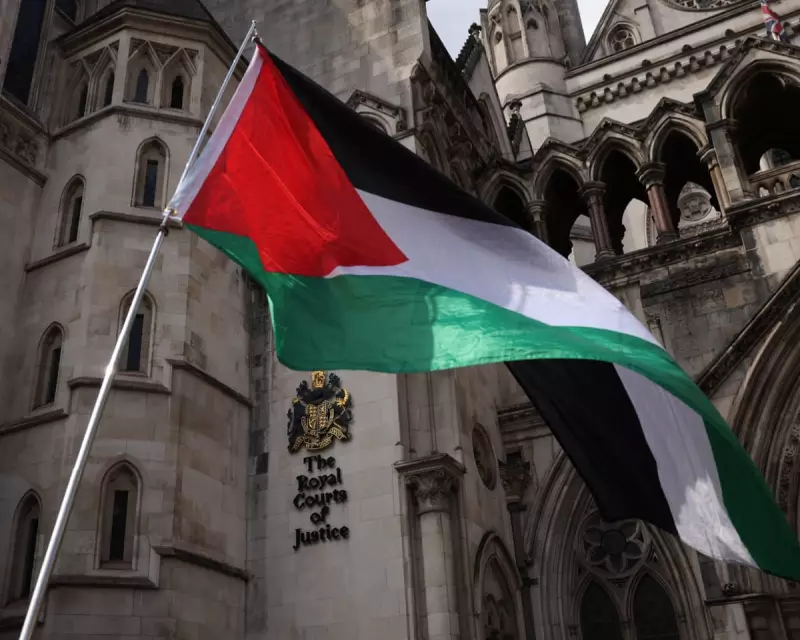
The UK government's decision to ban Palestine Action, alongside the enforcement of the Online Safety Act, has ignited fierce debate over the erosion of free speech and democratic discourse. Critics warn that these measures, framed as safeguards against extremism, may instead suppress legitimate activism and dissent.
Mounting Concerns Over Civil Liberties
Human rights organisations and legal experts have condemned the move, arguing that the ban on Palestine Action—a group known for its protests against arms companies linked to Israel—sets a dangerous precedent. Coupled with the sweeping powers granted by the Online Safety Act, the government now wields unprecedented control over public discourse.
A Chilling Effect on Activism
"This isn't just about one organisation; it's about the broader crackdown on voices challenging state policies," said a spokesperson for Liberty. "Labelling activism as extremism undermines the very foundations of democratic debate."
The Online Safety Act, meanwhile, empowers regulators to police online content, raising fears of overreach. Critics argue that vague definitions of "harmful" material could lead to the silencing of controversial but lawful opinions.
Government Defends Measures
Ministers insist the ban and the Act are necessary to combat extremism and protect national security. "We must balance free speech with the need to safeguard our citizens," a Home Office representative stated.
However, opponents warn that such measures risk creating a climate of self-censorship, where dissent is increasingly driven underground.





